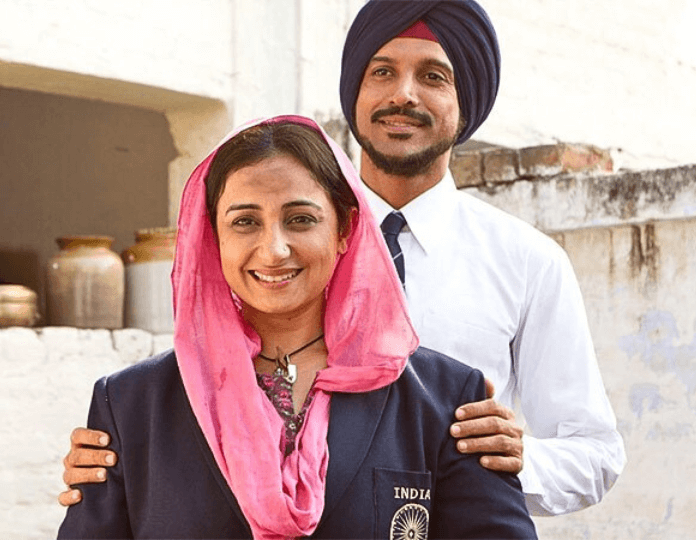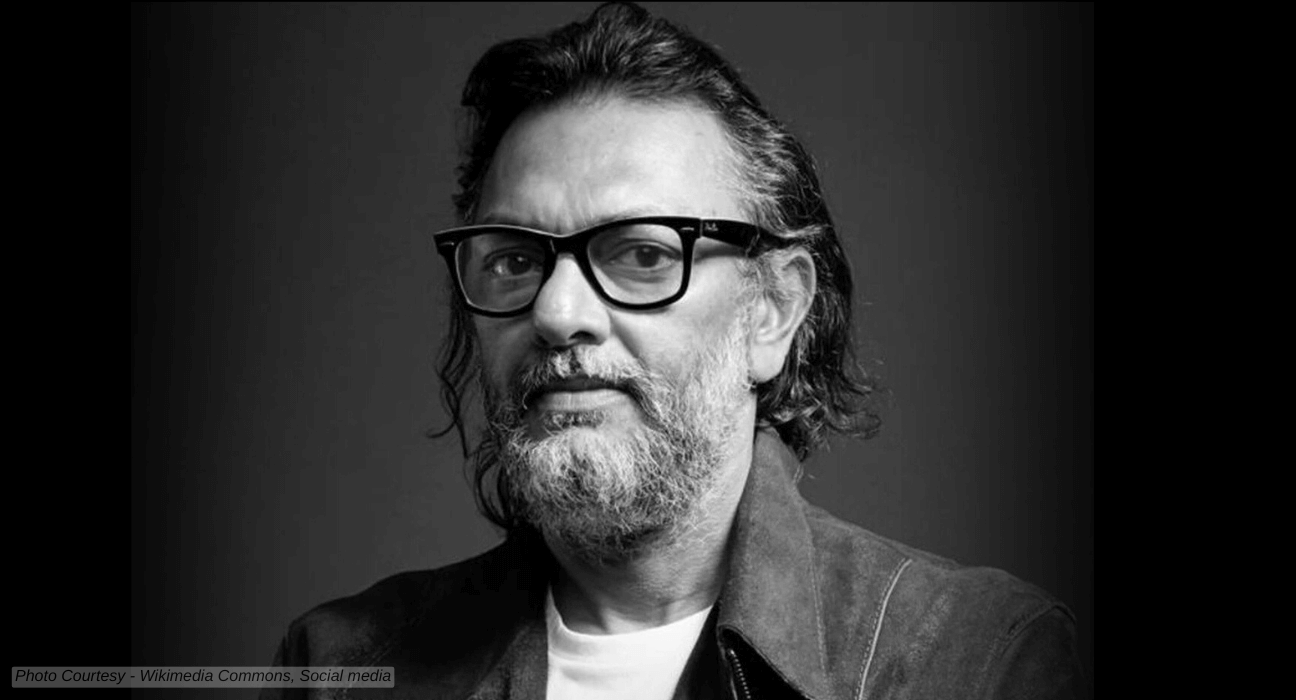Rakeysh Omprakash Mehra is undoubtedly one of the most brilliant filmmakers of his generation. Known for his diverse, intense, and intellectually uplifting films, he has given us iconic films like Aks (2001), Rang De Basanti (2006), Delhi-6 (2009), and Bhaag Milkha Bhaag (2013).
Early Life and Career
Rakeysh Omprakash Mehra was born on July 7, 1963, in Delhi. His father worked for The Claridges in Delhi, while his mother was a homemaker. Rakeysh completed his early education at Air Force Bal Bharati School, Lodhi Road, New Delhi. He then graduated from Shri Ram College of Commerce, Delhi.
During his early years, Mehra was an aspiring athlete, having been part of the selection camp as a swimmer for the 1982 Asian Games held in New Delhi.
Mehra started his professional career as a vacuum cleaner salesman for Eureka Forbes. In 1986, he established Flicks Motion Picture Company Private Limited, marking the beginning of his journey as an advertisement filmmaker. He directed numerous television commercials for prestigious brands like Coke, Pepsi, Toyota, American Express, BPL, and many more.
The Filmmaker With a Difference

Mehra made his directorial debut with “Aks” in 2001, a supernatural action thriller starring Amitabh Bachchan, Raveena Tandon, and Manoj Bajpayee. Despite widespread critical acclaim for its innovative treatment and subject, the film did not fare well at the box office.
Mehra’s next film, “Rang De Basanti (2006),” is widely considered one of Indian cinema’s most impactful films. The film, starring Aamir Khan, Siddharth, R. Madhavan, Sharman Joshi, Atul Kulkarni, Soha Ali Khan, Kunal Kapoor, and British actress Alice Patten, employs parallel narratives from the freedom struggle and present-day struggles against social and political evils.
It follows a group of friends whose lives are transformed after they portray freedom fighters in a documentary that changes their carefree, aimless lives and converts them into vigilantes.
In ‘Rang De Basanti‘, Mehra delves into the theme of political awakening among the youth. It was selected as India’s official entry for the Golden Globes and the Academy Award for Best Foreign Language Film. The film won the National Award for Best Popular Film Providing Wholesome Entertainment. It also get the Filmfare Award for Best Film and Best Director. The film was also nominated by the British Academy of Film and Television Arts (BAFTA) in the Best Foreign Language Film category.


The voice Of Conscience
His next film “Delhi-6 (2009),” set against the backdrop of the caste and religious divide in Indian society. It starrs Abhishek Bachchan, Sonam Kapoor, and Waheerda Rahman. The film follows an American-born Indian who travels to India to accompany his grandmother. On this journey he embarks on a quest to understand his roots and identity within the chaos and vibrancy of Delhi. The film showcases the coexistence of different religions and cultures, highlighting the importance of unity amidst diversity. The narrative also touches upon the superstitions and myths that can lead to communal discord.
The film received tremendous critical acclaim and was an official selection at the prestigious Venice Film Festival. The film won two National Awards including Best Feature Film on National Integration. It was termed by Variety as “un-Bollywood,” ushering in an era of new-age Indian cinema.
Milkha Singh and Beyond
His next film was a biographical sports drama “Bhaag Milkha Bhaag,” starring Farhan Akhtar, Sonam Kapoor, Divya Dutta and Pavan Malhotra. based on the life of Milkha Singh, an Indian Olympian and national champion runner, also known as ‘The Flying Sikh.’ In the film, he explores the concept of personal identity against the backdrop of the tragedy of partition and later nationalistic pride.
Often dubbed the greatest biographical film of Indian cinema, the film is a coming-of-age story of Milkha’s personal struggles and triumphs. The film was a commercial and critical success, sweeping all the popular film awards in India, including two National Film Awards.

In 2016, Mehra directed Mirzya, an adaptation of the classic folktale of Mirza-Sahiban. The film starring Harshvardhan Kapoor and Saiyami Kher was a visual delight but failed to perform at the box office.
His next directorial was Mere Pyare Prime Minister (2019), a film about a eight year old who wrote to Prime Minister for a toilet after his mother gets raped. As absurd as it sounds, the film actually ends with a celebration of a newly built public toilet. The film was presented as a modern fairy tale but is problematic at its core. Rape as the catalyst for building a toilet is unbelievably cruel.
In 2021 he again collaborated with Farhan Akhtar for another sports drama, “Toofan,” which also failed at the box office. He also produced Teen They Bhai (2011), and Fanney Khan (2018).
The Craft of Rakeysh Omprakash Mehra
Rakeysh OmPrakash Mehra is a filmmaker who has consistently used the medium of cinema as commentary on the rapidly changing social and cultural environment of society. His thoughts and criticisms on societal issues, such as vote-bank politics and the education system in India, often reflect in his work.
His very first film, “Aks,” was a story about blurring the distinctions between good and evil. He shows how good and evil are part of our own existence. One of the recurring themes of his films is the search for personal identity. He often shows the journey towards self-realisation, be it through political awakening, nationalistic pride, the fight against corruption and injustice, or the fight for unity.
In his films, he also touches on issues like the socioeconomic divide, the curuption and decay of sociopolitical space, and the clash between olden ways and modernity. His films depict the challenges of maintaining cultural heritage in the face of rapid modernization and globalisation, a struggle that is emblematic of India’s current societal landscape.
Personal Life
Mehra married film editor P. S. Bharathi in 1992, and the couple has two children, Bhairavi and Vedant.
Rakeysh Omprakash Mehra on IMDB













Leave feedback about this